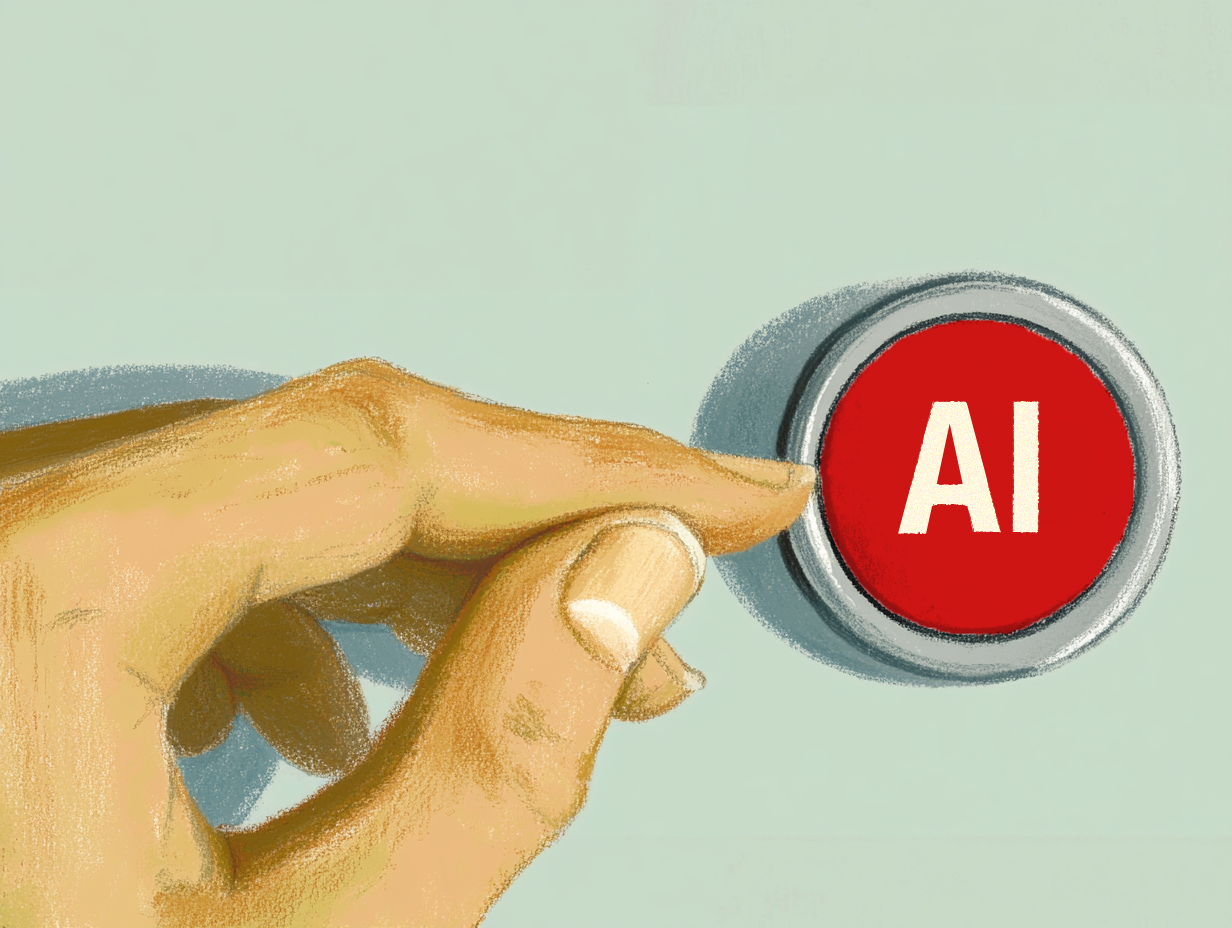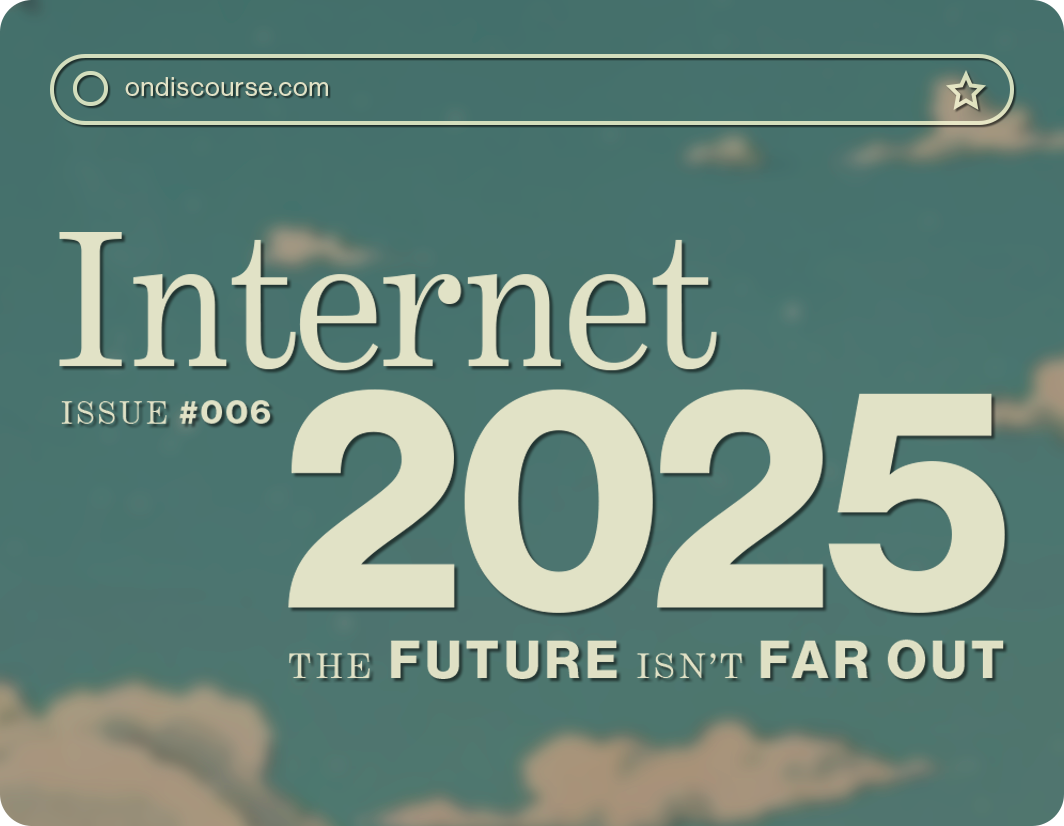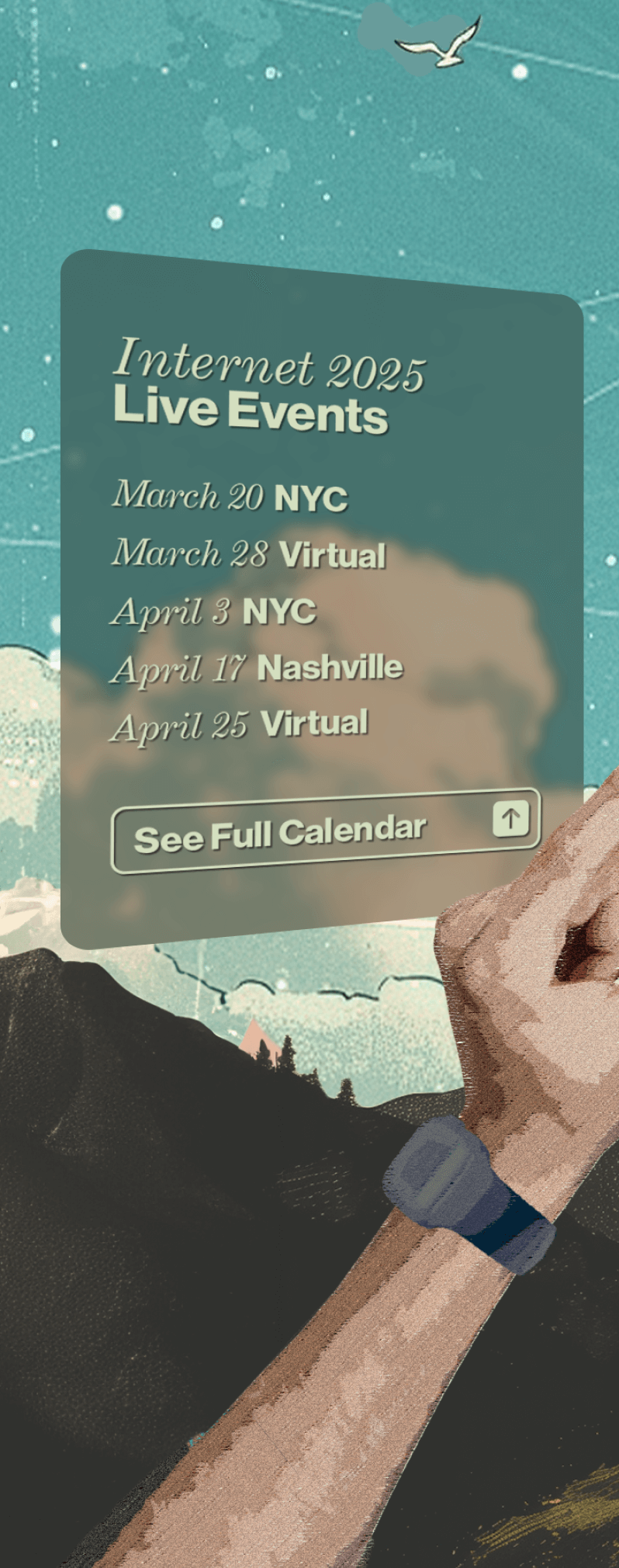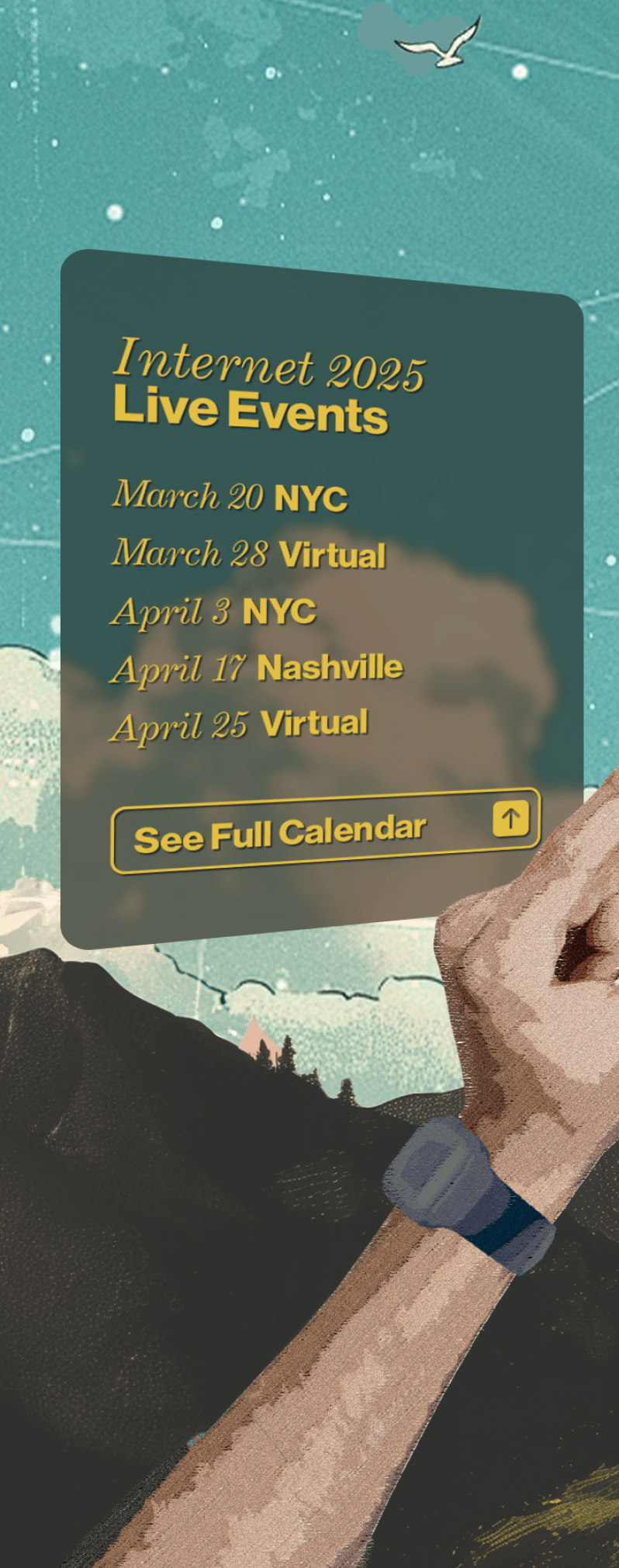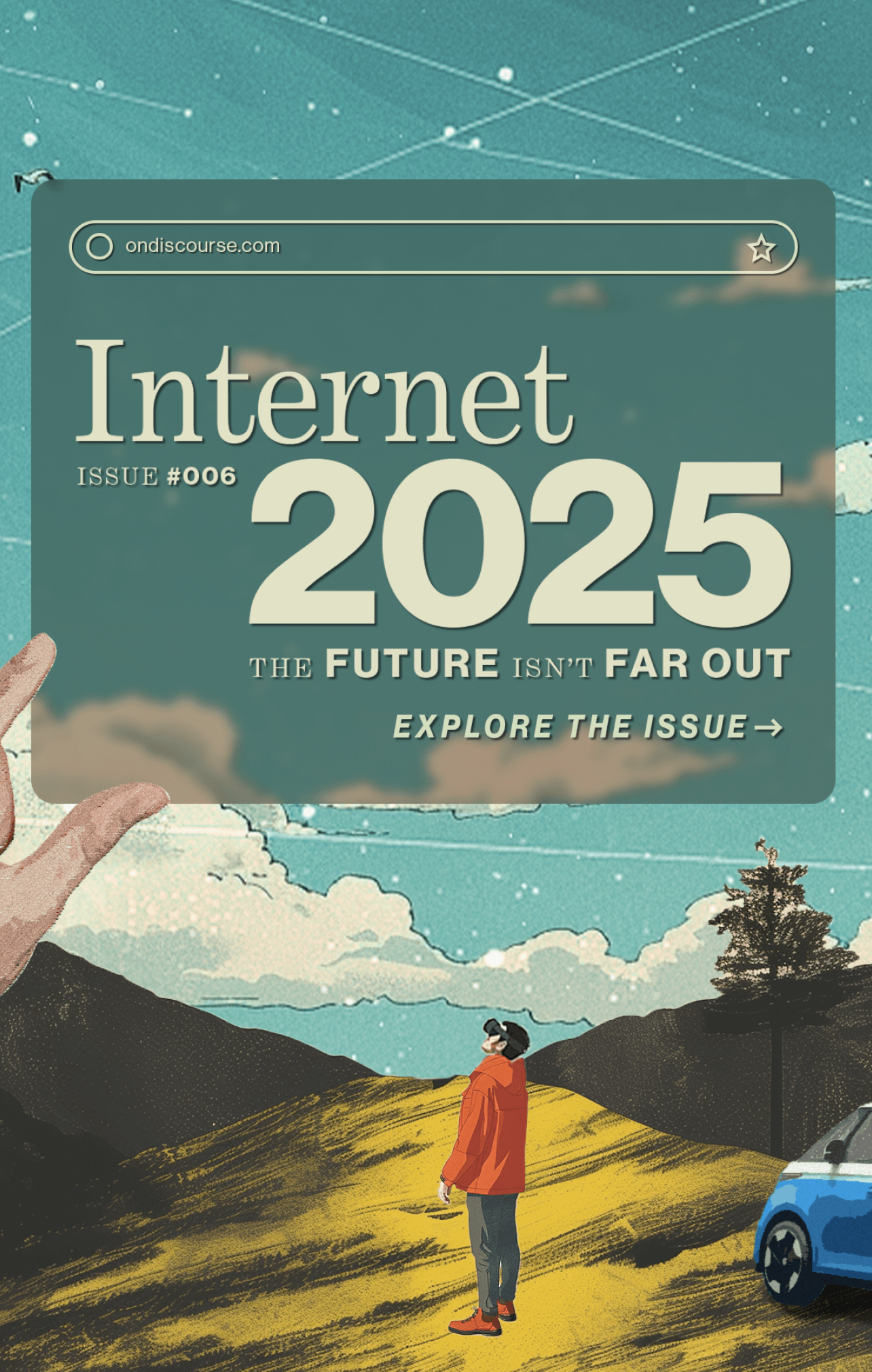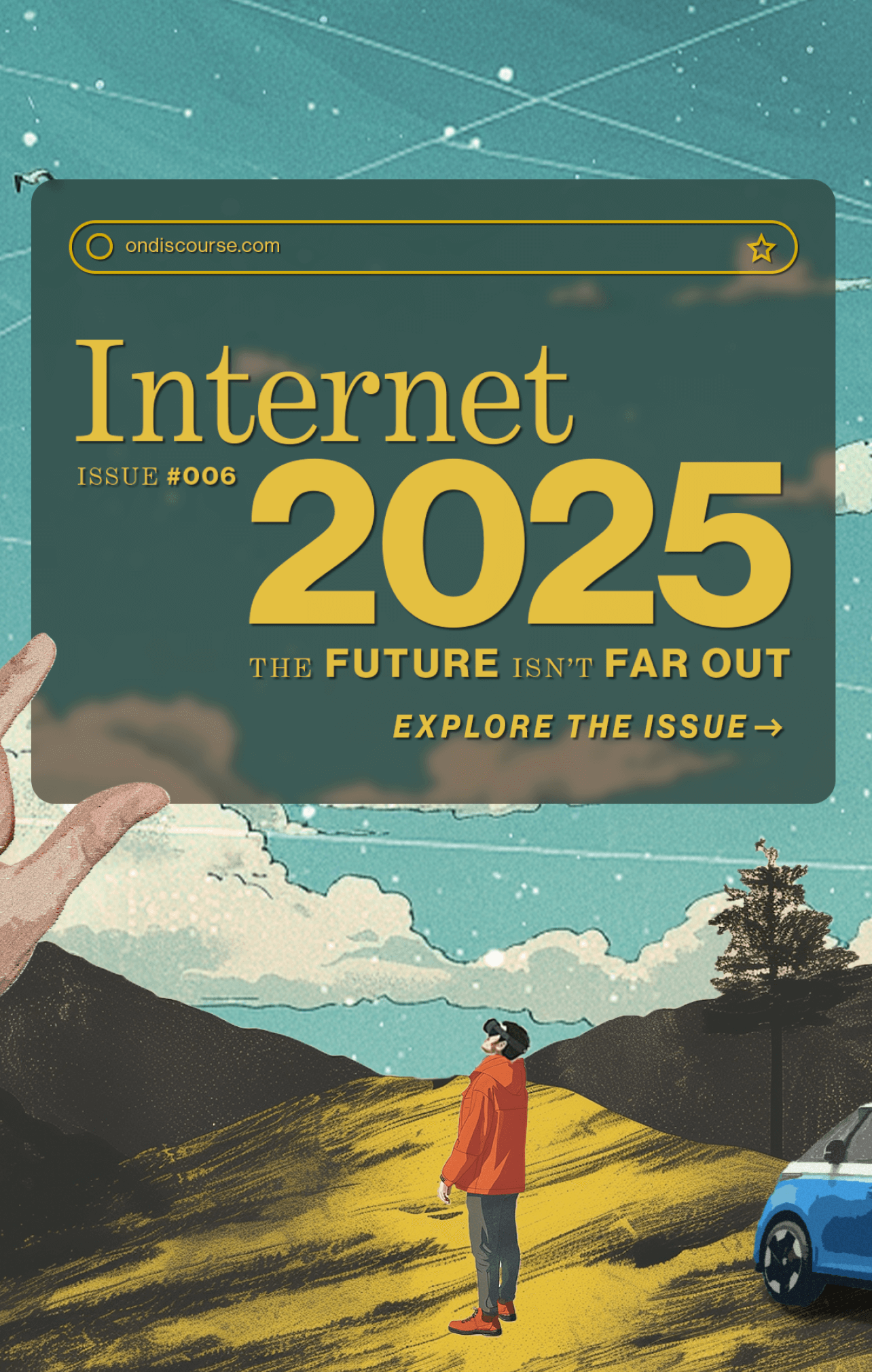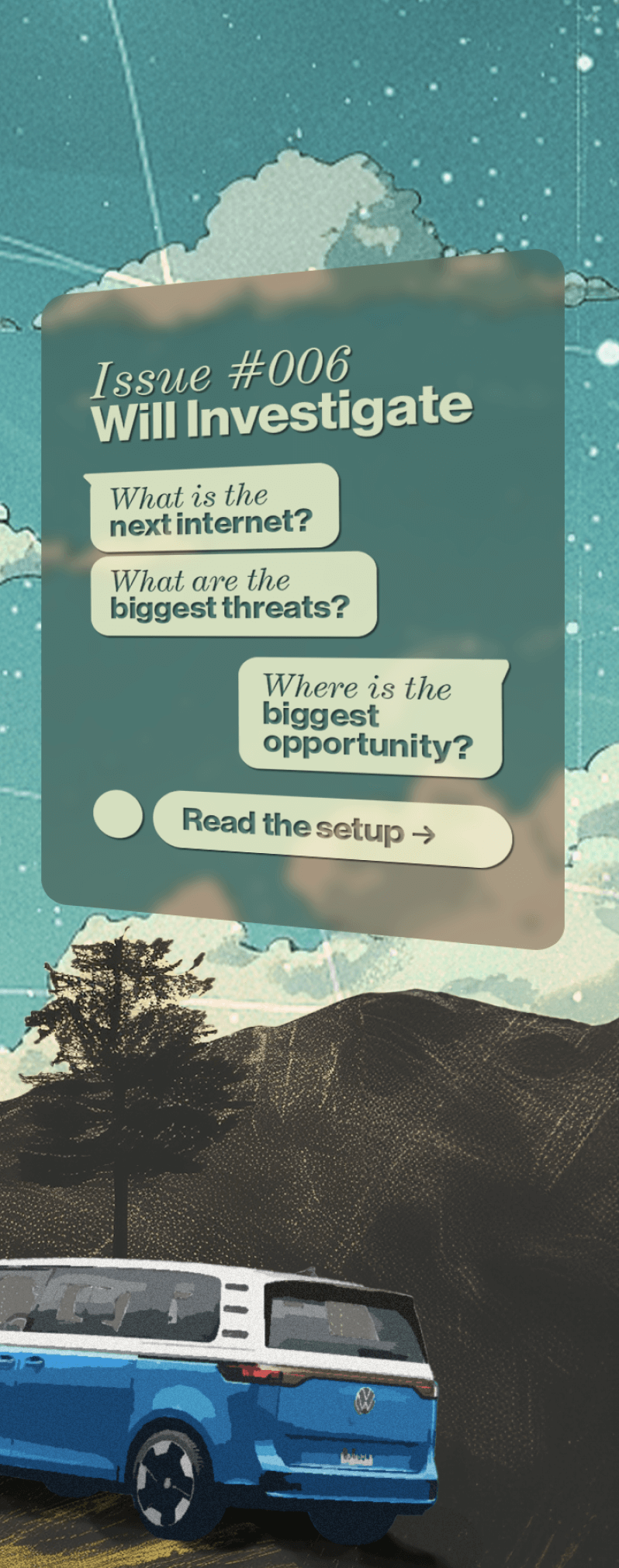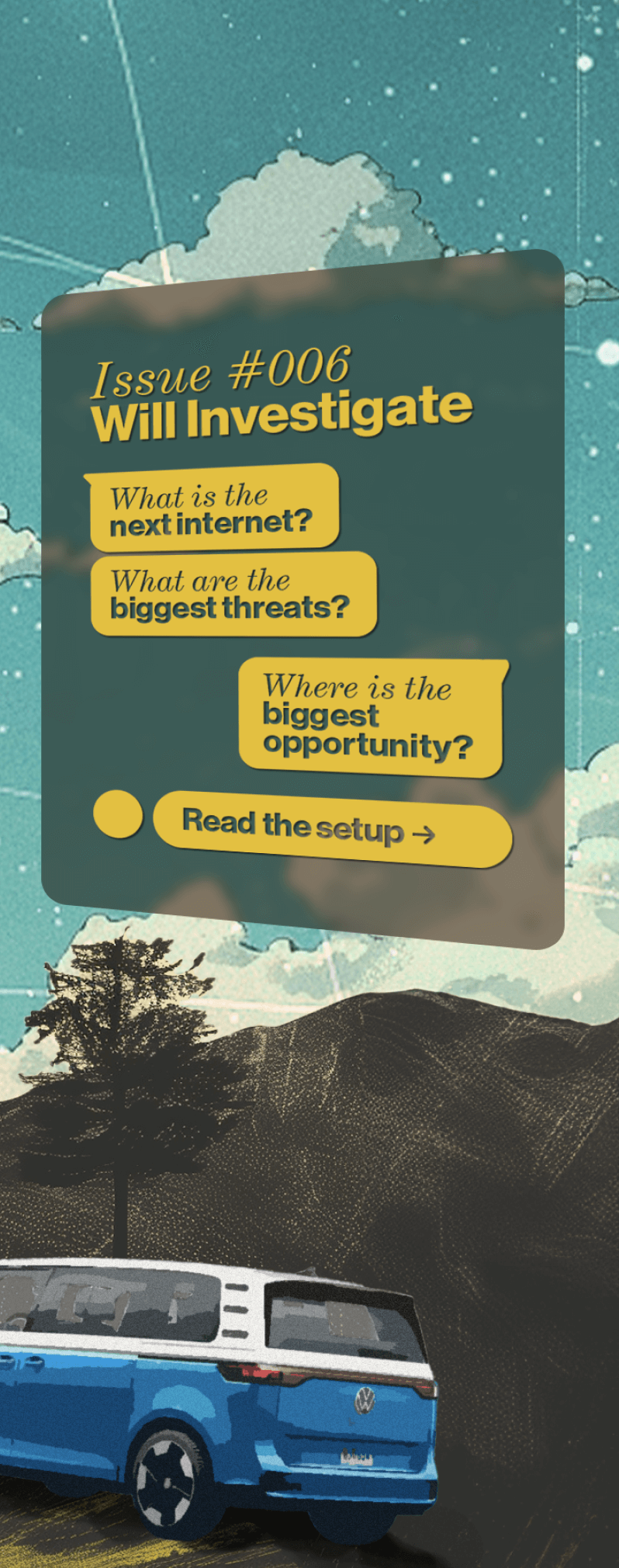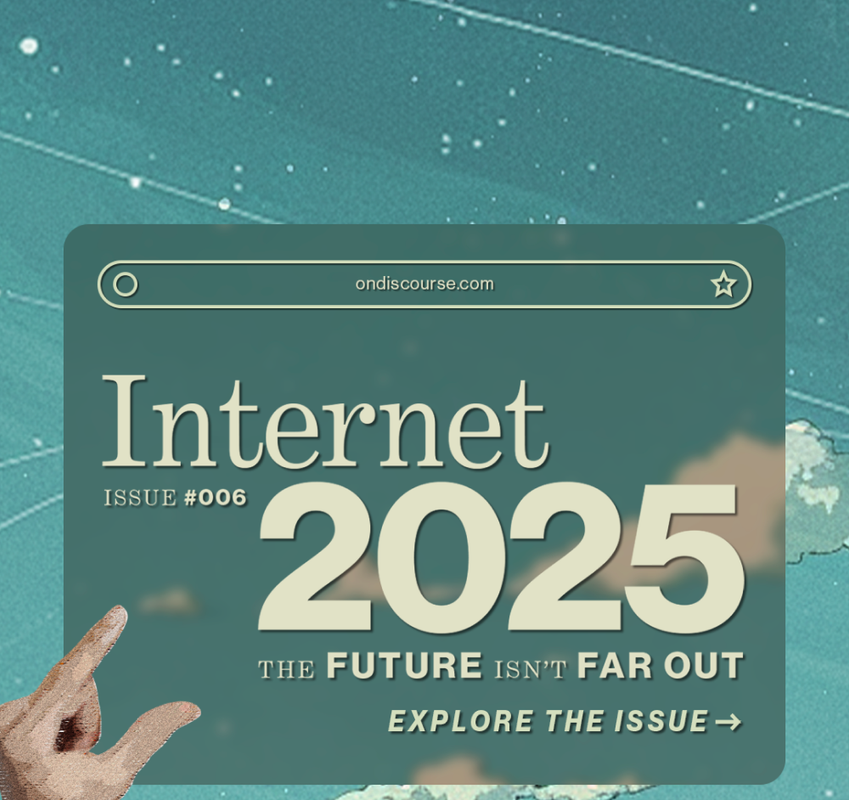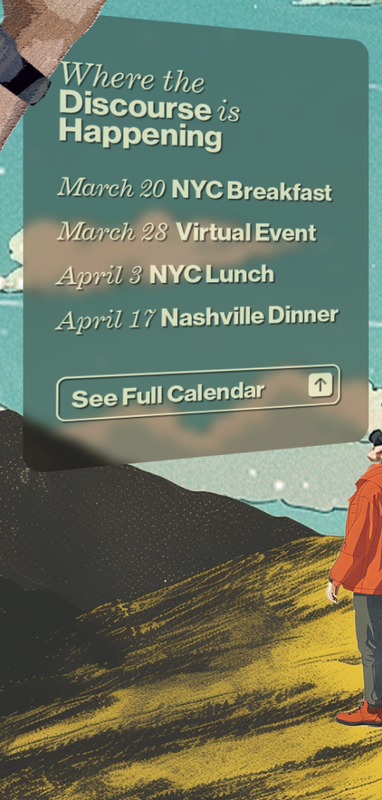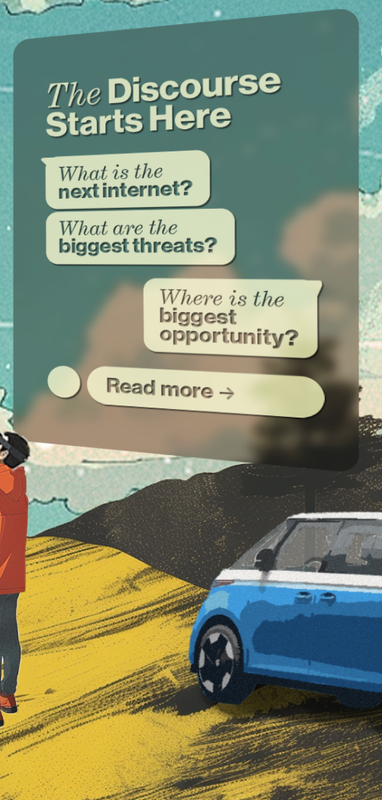Escaping Data Jail
AI is very quickly changing the SaaS business model
Editor’s Note: How much are you paying your SaaS vendor? Do you think AI - whatever that means to you - can change that cost burden and redefine your relationship? This recap is for you.
We invited 2 SaaS founders into a Zoom call with 3 other executives. I can’t tell you who was there, but you can preview some of the discourse.
The takeaways on this list might drive the next conversation you have with your SaaS vendor.
AI Won’t Replace SaaS
SaaS is not going anywhere, but the way it has traditionally operated is about to change dramatically. One of the founders put it this way, “AI stitches together smaller, bespoke solutions,” allowing businesses to create customized workflows that fit their needs. The days of relying on one-size-fits-all platforms are over. Those on the cutting edge are using AI to personalize and streamline their SaaS stacks. If you’re not exploring how AI can take your tools to the next level, you’re already falling behind.
SaaS companies are under more financial strain than ever before.
The Golden Age of High Margins Is Fading
The pressure on SaaS margins is mounting. As interest rates rise and customer demands shift, the once-lucrative model of massive upfront spending with guaranteed long-term revenue is fading. One CEO cautioned, “SaaS companies are under more financial strain than ever before.” The key takeaway? Profitability now hinges on constant innovation and real-time value creation. SaaS clients are already eyeing exists from long-term contracts. Why is that?
AI Can Break Out of Data Jail
AI is demolishing the barriers that once made switching SaaS platforms difficult. “Data jail” is becoming a relic, with AI-driven solutions making it easier to move from one system to another. This shift has empowered businesses to pivot quickly and ditch legacy systems without the massive headaches of the past. Is your SaaS provider evolving fast enough? If not, expect to see churn rates rise as switching costs plummet.
You Still Need SaaS
The buzz around AI-generated rapid prototyping is real, but don’t be fooled. While AI makes it easier than ever to build flashy demos, turning these prototypes into robust, scalable solutions is still a major challenge. As one respected executive observed, “Prototypes are about 2% of the work.” The real value lies in operational excellence, something that can’t be replaced by a few lines of code. The smartest leaders are focusing on building sustainable, scalable systems with nimble SaaS solutions.
Do You Want to be Klarna Right Now?
They generated cutting out all SaaS contracts, but our SaaS founders were not convinced this is the right long term move.
“Klarna said we just tore out their CRM, etc. I'm really looking forward to the stories from that. I don't know Klarna at all - and no offense to anybody there - but man, that sounds like a really aggressive move. And I have a feeling that we're going to find some people leaving saying some interesting things about operations.”
Usage-Based Pricing is Coming
The era of flat monthly fees is fading, and usage-based pricing is quickly becoming the new norm, particularly in AI-driven SaaS. One of our guests put it this way, “This is going to create friction for finance teams” SaaS leaders need to prepare for a future where billing is based on usage, which means rethinking everything from budget forecasts to financial planning. If you're not ready, this shift could catch you off guard.
SaaS Agents?
The future of SaaS isn’t just about automation—it’s about intelligent, autonomous agents that can seamlessly integrate into your workflows. "SaaS is moving towards agentic architectures” but for how long?. This trend is reshaping how businesses think about software. These agents, often paired with conversational UIs, can handle complex tasks, but there’s a catch: without structured data, their effectiveness plummets. The next wave of SaaS innovation will hinge on balancing flexibility with the structured environments needed to make these agents work reliably. Those who master this dynamic will lead the pack; those who don’t will struggle to keep up.
We run a Group Chat every week. If you want to participate, inquire about membership here. If you want to keep up with the perspectives that we hear, you can subscribe to our weekly newsletter.

